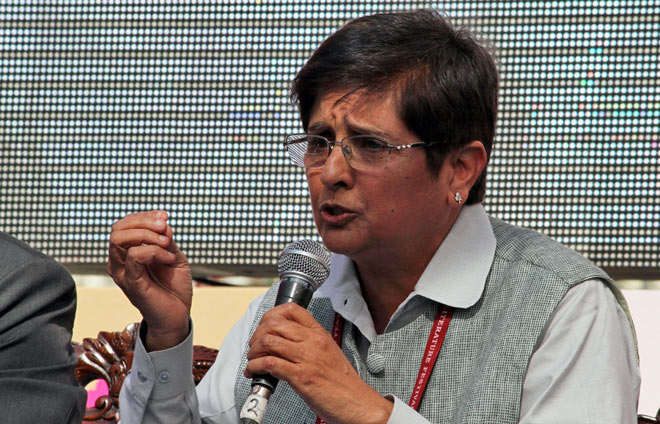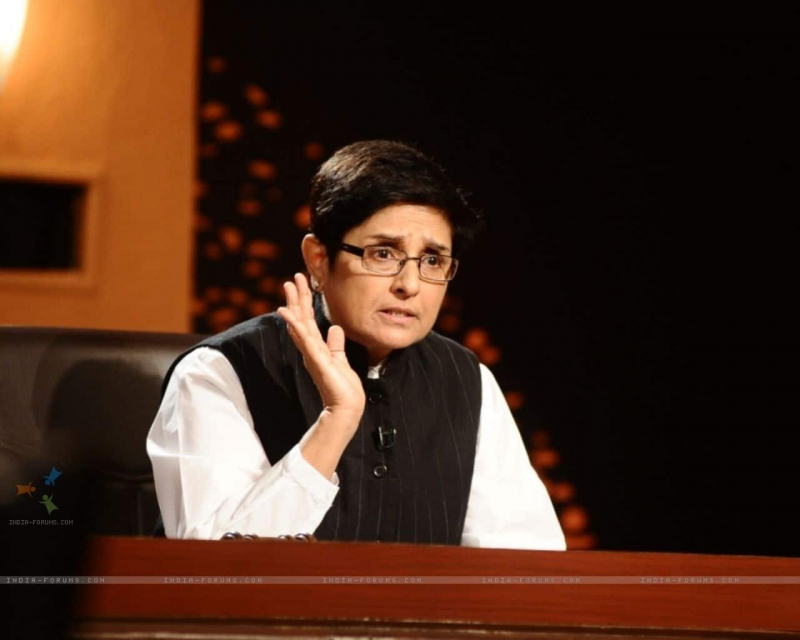She was a prominent leader in the 2011 Anti-Corruption Movement in India
By 2010, the Indian public was enraged following the exposure of many multibillion-dollar scams, the most notable of which were the 2G spectrum fraud (1.76 lakh crore in 2008), the Satyam Scam (14,000 crores in 2009), and the Commonwealth Games Scam (70,000 crores, 2010). This obvious embezzlement of public funds prompted Shri Anna Hazare to spearhead an Anti-Corruption Movement in 2011. Kiran Bedi formed India Against Corruption (IAC) Group with other activists, including Arvind Kejriwal (former bureaucrat and current Delhi's 7th Chief Minister). The Jan Lokpal Bill, which would create an independent authority to examine corruption charges, was one of the demands made by the organization. The movement eventually expanded into the notable 2011 Indian Anti-Corruption Movement, which comprised a series of demonstrations and protests across India aimed at enacting strong legislation and enforcement against what was seen to be widespread political corruption. The movement drew worldwide notice and was named one of Time Magazine's "Top 10 News Stories of 2011."
Bedi and other important members of IAC were held by the authorities on August 16, 2011, only to be released later that day. The movement resulted in a round of talks between the government and activists, and the Parliament passed a resolution to consider three points in the drafting of the Lokpal Bill: a citizen charter, the subordination of lower bureaucracies to Lokpal through appropriate mechanisms, and the establishment of Lok Ayuktas in states. Despite being a significant figure in the movement, Kiran Bedi withdrew from India Against Corruption (IAC) Group in 2012, when a faction led by Arvind Kejriwal created the Aam Aadmi Party (AAP). This is also considered one of the major achievements of Kiran Bedi.












